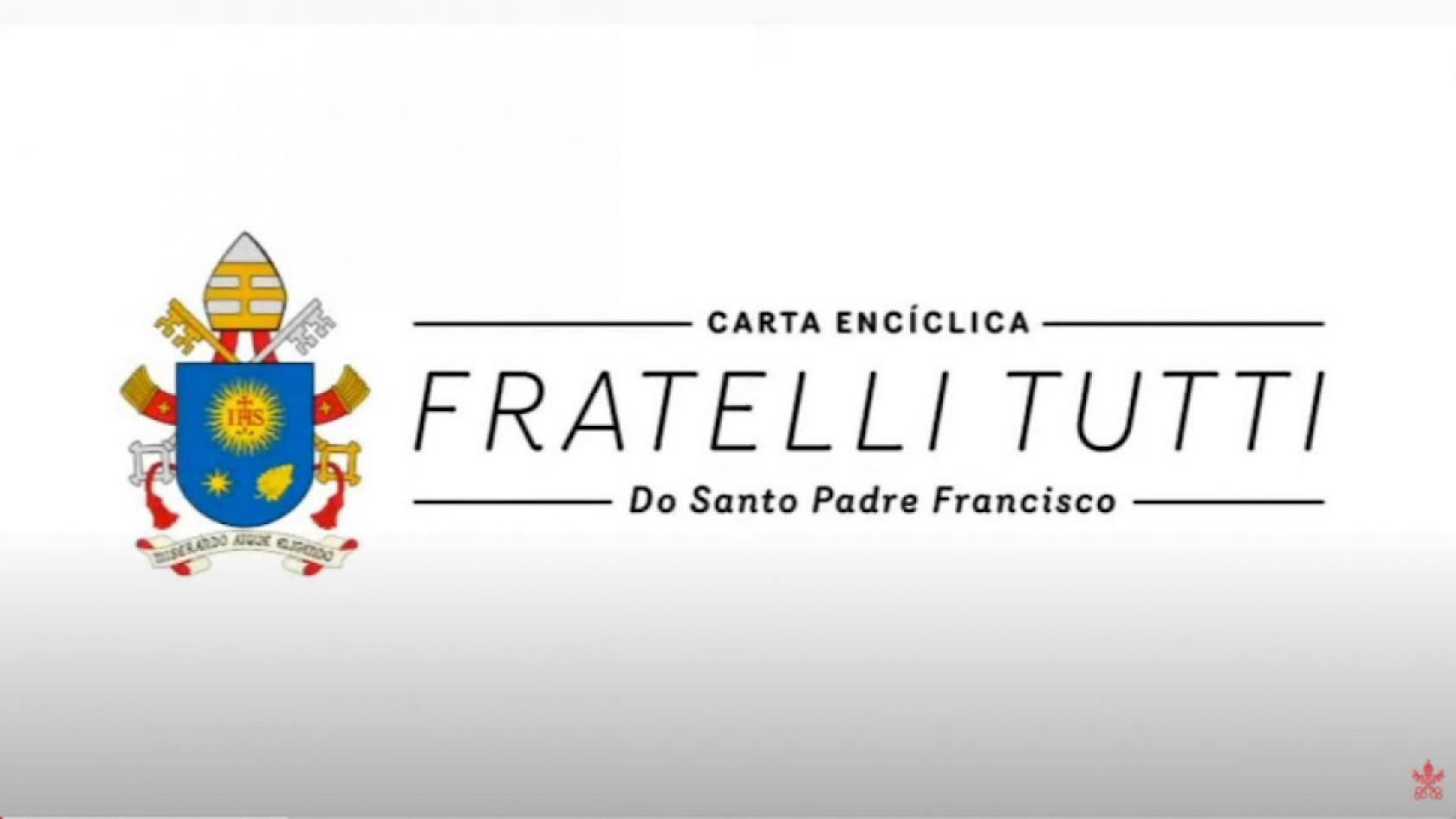The reality of migration, a true sign of our times, is in the background of the encounter between peoples. The cry of the poor, who are forced to leave their homeland by unsustainable situations, challenges us to welcome, protect, promote and integrate migrants. But we are invited to do so with an outlook that goes beyond the emergency, that is, one to build a shared future, because either we all save ourselves, or no one is saved. Such a perspective calls for opening up to full citizenship in the countries of destination and to integral human development in the countries of origin. All that requires international cooperation in which the economically weaker countries have access to the international market and a voice in decisions, which must be participatory. Such meeting of persons and peoples leads to mutual enrichment, but it is not motivated simply by convenience; rather, by a sense of gratuitousness that humanises us all.
Local and global dimension are two interdependent polarities that need each other. Being rooted in the local reality allows us to be leaven, to initiate and sustain the paticipation of individuals and communities, to build social friendship. The global dimension redeems us from a petty provincialism, resulting in a universal fraternity.
The construction of a more fraternal and sustainable world, of a communion, requires the contribution of different elements, like the various faces of a single polyhedron. Being rooted in the local is the basis that enables us to grasp aspects of reality that others do not. But the local, closed in on itself, no longer allows itself to be complemented by others, thus limiting its possibilities of development, becoming sclerotic. In contrast, every healthy culture is by nature open and welcoming. Indeed, without a conversation with those who are different, it is difficult to have a clear and complete knowledge of oneself and one’s territory. By looking at oneself from the point of view of the other, of those who are different, one can better recognise the distinctiveness of one’s own person and culture. A living culture integrates new things in its own way. This is why Pope Francis invites the original peoples to preserve their roots and ancestral culture in a dynamic way, open to encounter, without falling into the temptation of a closed, static and ahistorical indigenism that shuns any form of cross-fertilisation.
The world grows and is filled with new beauty thanks to new syntheses that are produced between open cultures, outside any cultural imposition. It is from this encounter that a common project for the common good can emerge.
[combonimission.net]




